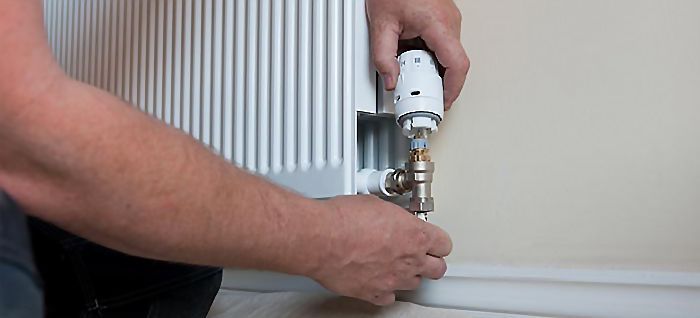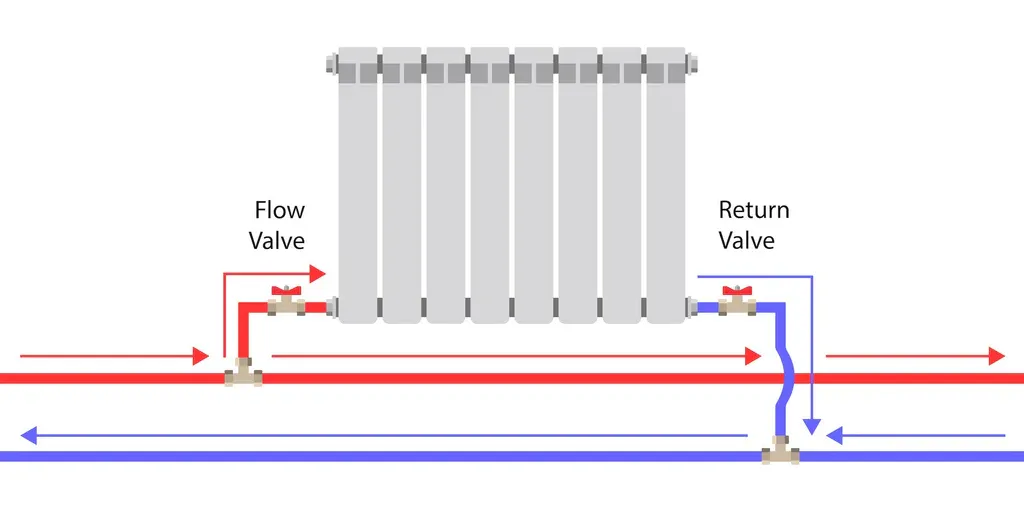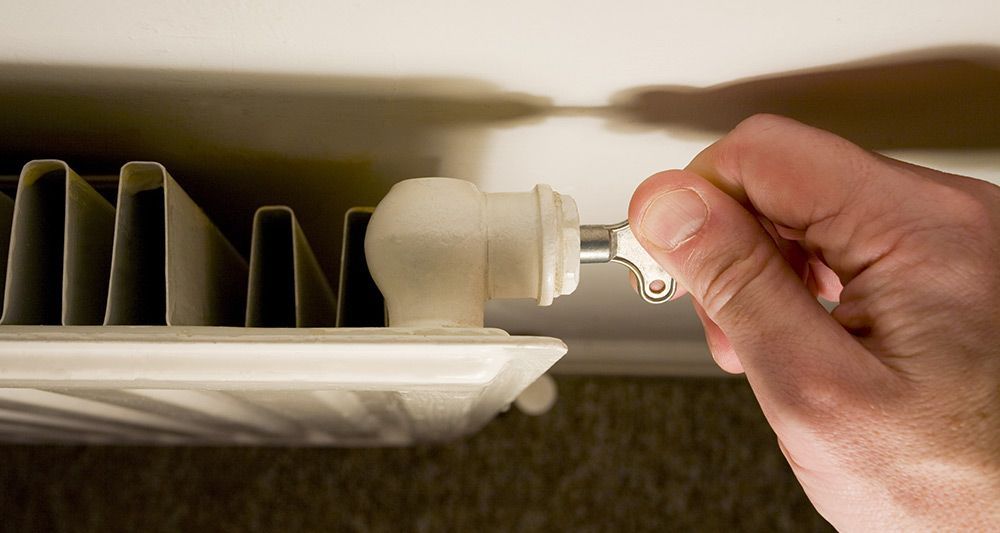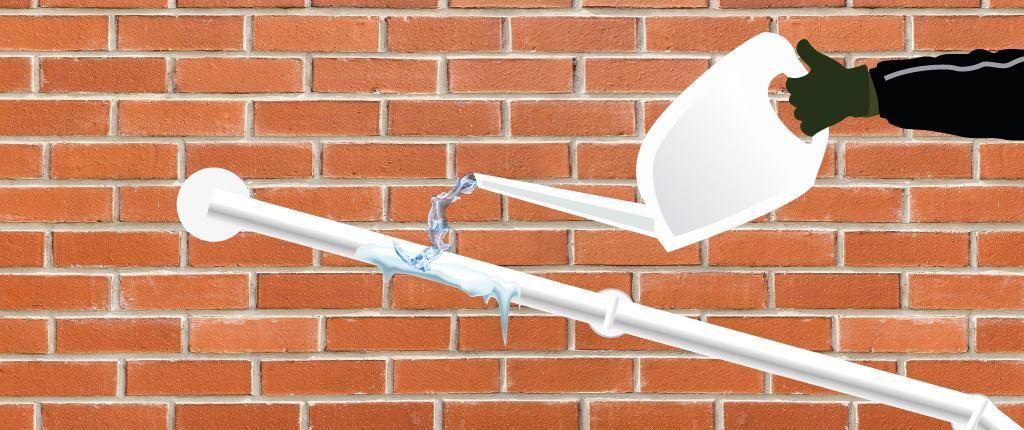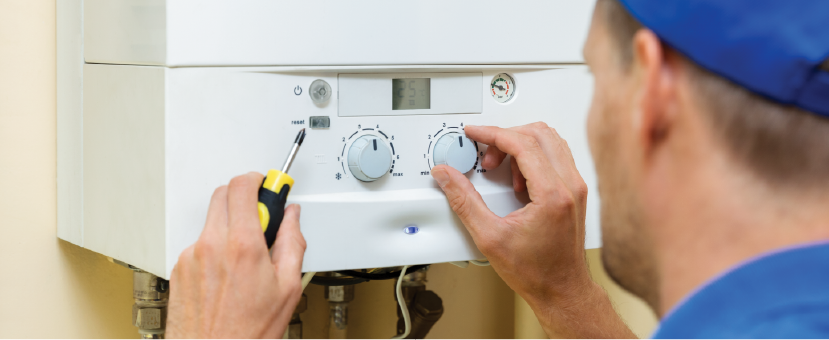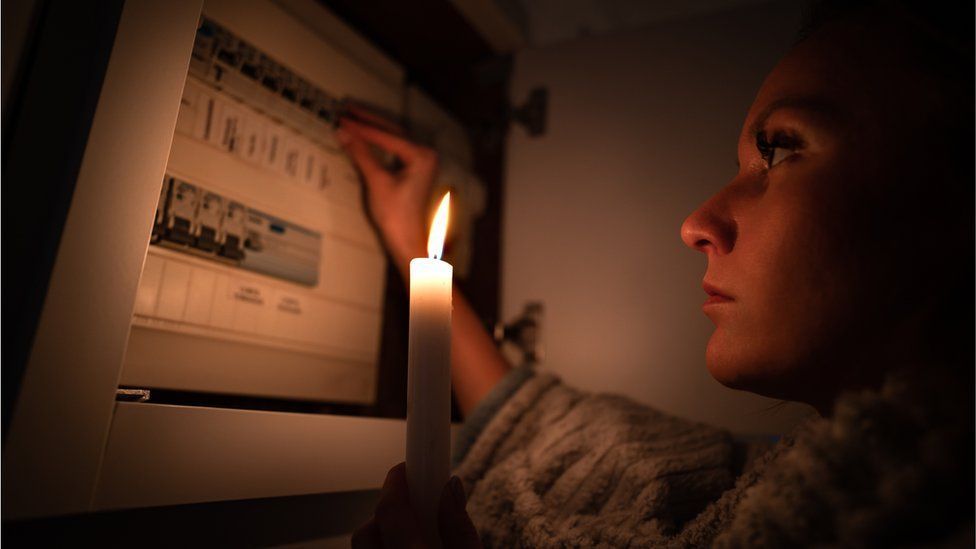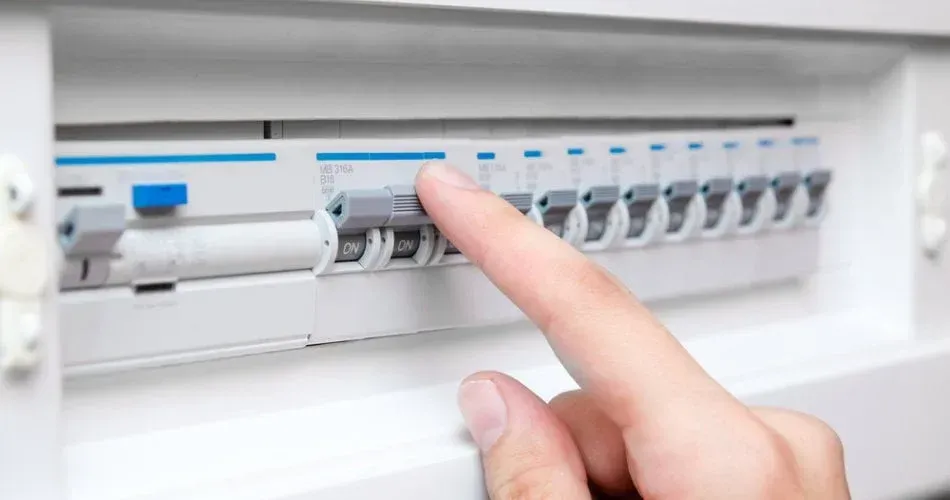How to guides - My boiler is leaking
Why is your boiler leaking and what to do
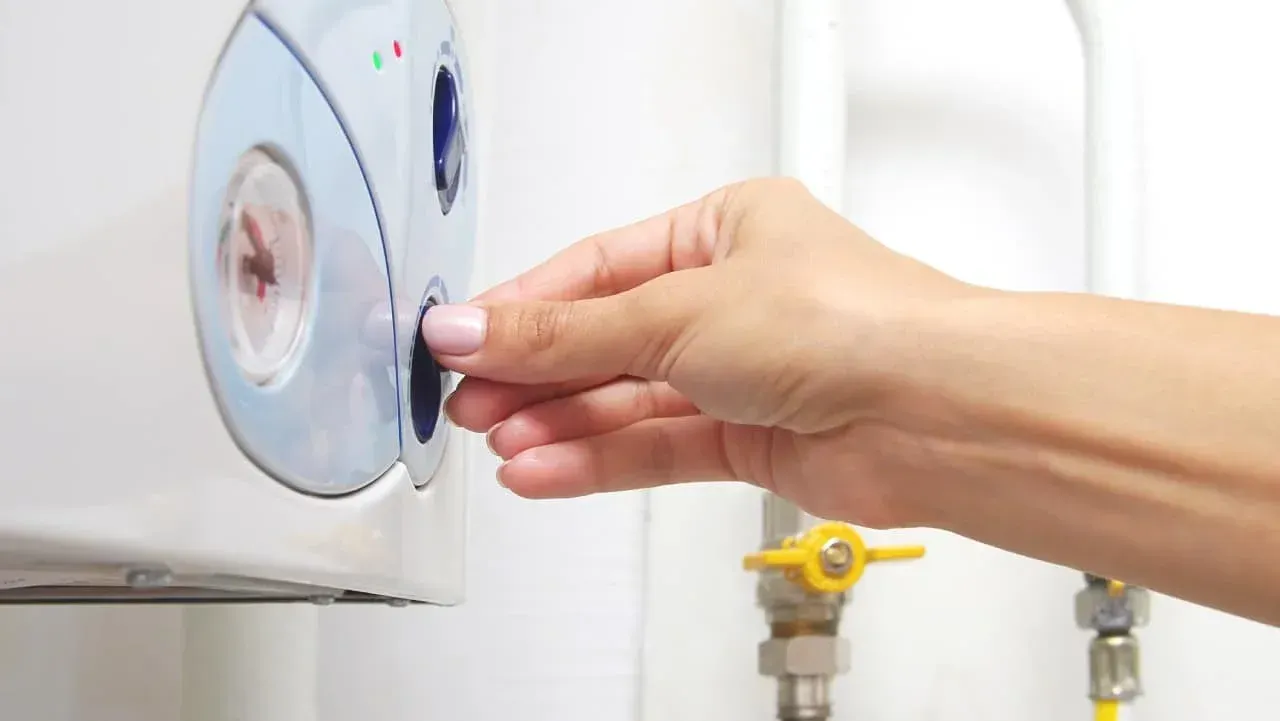
In the unfortunate event of a boiler leak no matter how big or small, please follow our simple advice to help protect your boiler and your home.
Try to contain the leak if possible using a bucket or suitable container.
Turn off your boiler and heating to stop water circulating around the boiler and your heating system.
Stop the incoming water supply to the boiler, this may be done on the boiler itself or by locating and turning off your internal stop tap.
If you have a CoverBee Plan that covers your boiler, please request your repair via our website at www.coverbee.co.uk/request-a-repair
If you do not have a CoverBee contract in place, call a Gas Safe registered engineer to have the problem rectified.
Potential causes of boiler leaks:
A more obvious cause of a boiler leak, especially boilers of a certain age might be corrosion. Any metal parts or pipes within a boiler or heating system can eventually corrode. Corrosion destroys and weakens metal parts and pipes which can then result in a leak.
Water temperature within the boiler may also be the cause of a leak. This would happen if the water temperature is considerably high within the boiler (higher than normal), often referred to as kettling which means the water in the boiler is being boiled. If this happens a leak could occur via the auto air vent.
Pressure within your boiler is very important and to ensure the correct pressure is maintained. The recommended pressure for a boiler should be between 1 and 1.5bar, this can usually be seen on the pressure gauge. If the pressure is too high within the boiler and exceeds 2 bar when the boiler is cool, this may result in a leak, as the boiler needs to release the excess pressure within the system to avoid damage. This leak may arise from various areas of the boiler.
Various seals are located on parts within the boiler and the central heating system, over time these seals can weaken and degrade which may cause a leak. Sometimes these seals can be quite easily replaced but on certain occasions the parts may also need to be replaced.
We also also have to think about wear and tear on a boiler as the boiler ages or has a high demand of use, it will become more prone to leaks. How the boiler works with the constant changing temperatures and demand on pumps and fans may result in connections and joints of pipework becoming loose which would then cause a leak. The best way to avoid this is by ensuring that your boiler is serviced annually as per the manufacturer’s recommendations as issues like this should be checked and tightened if possible. Remember your boiler works hard, give it a yearly health check by having it serviced.

